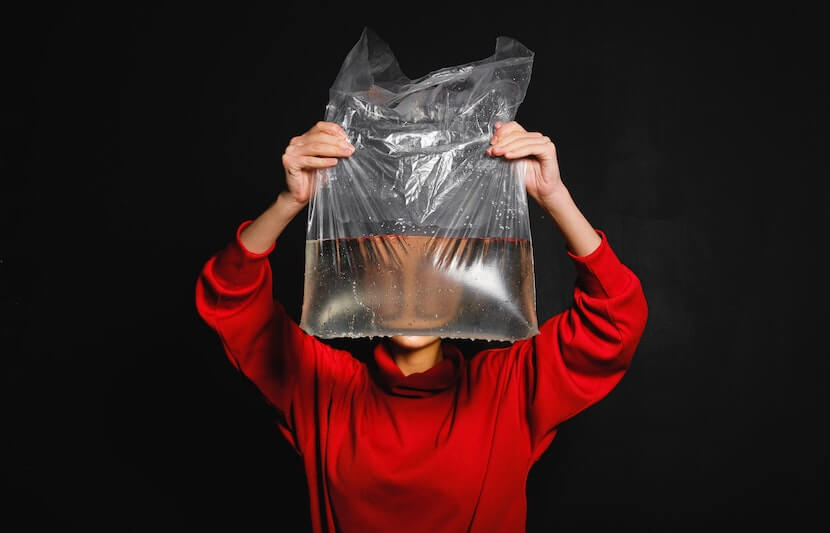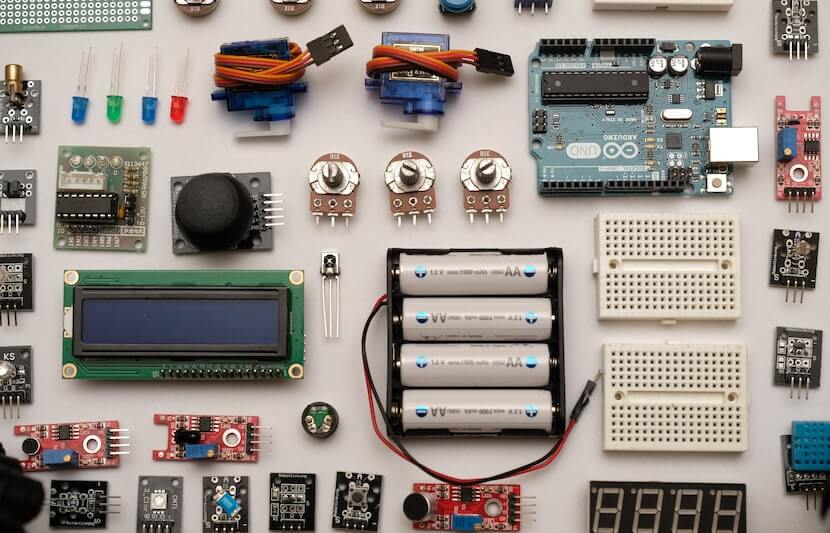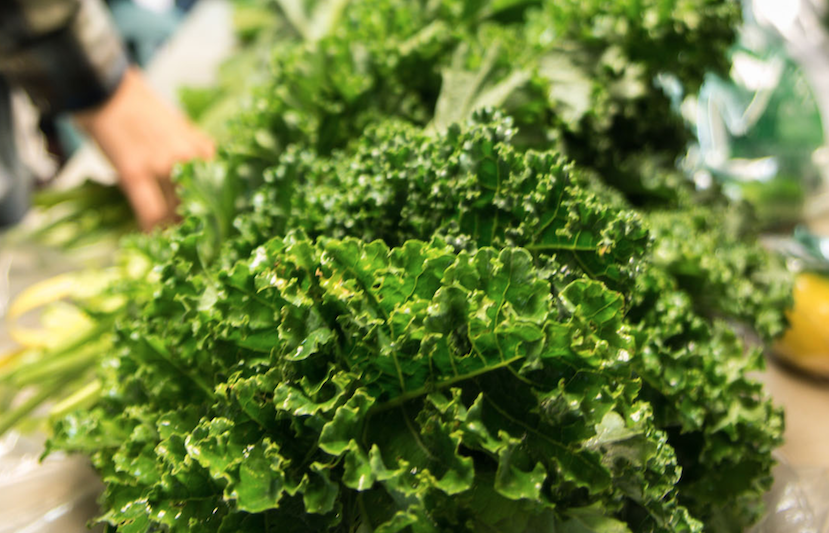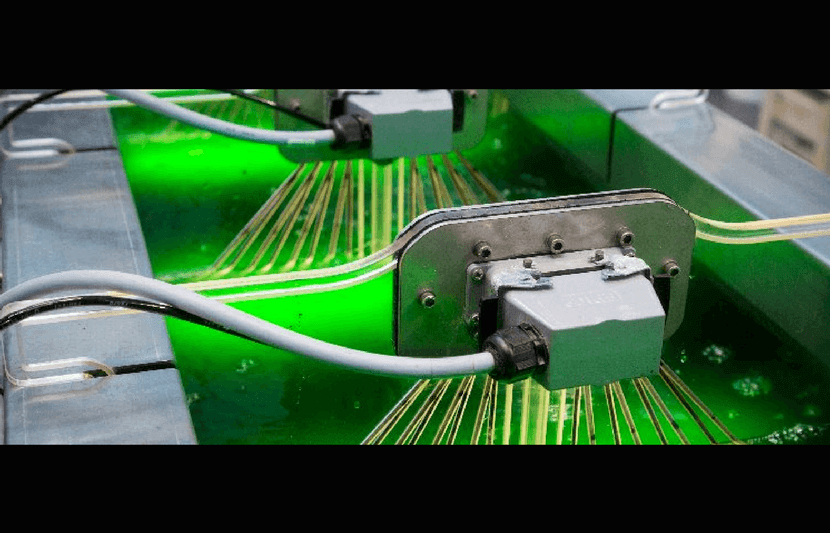-
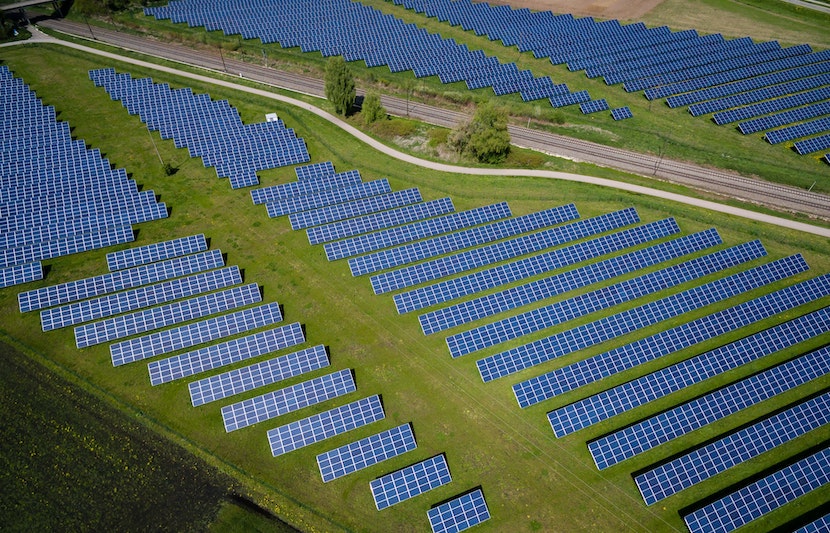
Innovative Water-Splitting Technique Boosts Solar Fuel
A team of researchers from the University of Exeter has developed a method to produce hydrogen, which can be used as a fuel, by splitting water into hydrogen and oxygen, using just sunlight. Hydrogen fuel produced in this manner has many advantages. It is pure and inexpensive. It is also renewable with zero carbon emissions,… Read More
-
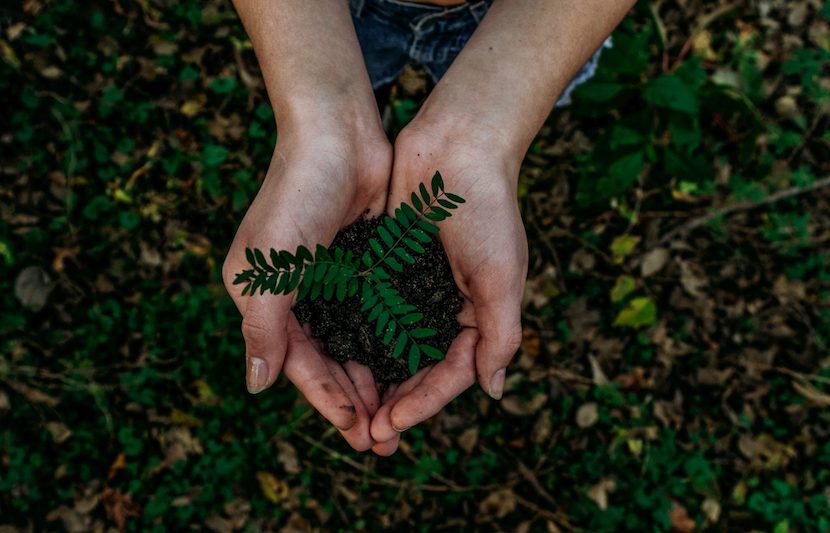
The 21st Century MBA: Not Profitability or Sustainability, But Both
The MBA is generally regarded as a graduate ticket to ride – a door-opener to board rooms, to referral networks and, for many, to the inner sanctum of our business/economic system. Drawing on shared institutional wisdom, vast real-world academic research and transformative case histories, the degree has become a sort of lingua franca, a common… Read More
-

What if Smartphone Charge Can Last 3-5 Times Longer?
A team of researchers from the Erik Jonsson School of Engineering and Computer Science at the University of Texas, Dallas (UTD) and the University of North Texas has developed an environmentally safe, higher-power battery substitute that could lengthen battery life up to five times longer. Most smartphones and electronics use lithium-ion batteries, a type of… Read More
-
Beetles and Plants Inspire Efficient Water-Harvesting Technology
A team of researchers from the University of Texas at Dallas and Penn State University has developed a surface that can rapidly collect water molecules from fog and air vapor and direct them toward a reservoir along lubricated microgrooves. The researchers drew inspiration for the design of their “hydrophilic directional slippery surface,” or SRS, from… Read More
-
Ultrashort Laser Pulses Produce Reactive Carbon Dioxide
What if the inert carbon dioxide in the atmosphere could be converted into a usable raw material? Plants do this during photosynthesis, turning carbon dioxide into oxygen and sugar when exposed to light. Inspired by this process, physico-chemists at the University of Bonn in Germany have developed a new way to generate a reactive variant… Read More
-
Re-Using Plastic to Remove Harmful Pollutants in Wastewater
A team of researchers has developed a method to re-use common plastics to break down other harmful pollutants found in wastewater. This method tackles two grave pollution issues at once: plastic pollution that threatens our ecosystems and presence of carcinogenic synthetic dyes in wastewater. The team’s method portrays how polystyrene, a plastic frequently seen in… Read More
-
Near-Death Experience Inspires Hybrid Technology for Cheaper, Longer-Lasting Batteries
A pair of researchers at The University of Toledo (UT) have developed an energy storage system that increases the longevity and performance of battery packs in electric vehicles, satellites, planes, grid stations, and more. The research is published in Batteries, an international journal, and was presented at the Advanced Design and Manufacturing Expo at the… Read More
-
80% of U.S. Energy Could Come From Wind and Solar Power
The U.S. could reliably source 80 percent of its electricity demand from wind and solar power alone, according to a joint study by researchers from the University of California–Irvine (UCI), the California Institute of Technology, and the Carnegie Institution for Science. The ability to produce this much renewable energy is encouraging, as the conversion of… Read More
-
Farm-Fresh Food for Appalachian State Students
Students at Appalachian State University can now enjoy sustainably-produced and locally-grown meat, eggs, produce, and herbs without having to leave campus, thanks to a new farm-to-table initiative. The initiative is a partnership between Appalachian State’s Goodnight Family Department of Sustainable Development and Food Services, which was spearheaded by Interim Farm Manager Todd Rudicill and Food… Read More
-
Having More Species of Wild Bees Is Beneficial
Pollination increases when there are more species of wild bees, according to a recent study led by Rutgers University. The researchers also found that more species of wild bees are needed for pollination when an area is larger. The paper is published in Science. While previous controlled ecological experiments have linked increased pollination to having… Read More
-
Making Fuel Cells Cars More Affordable
Researchers at the University of California, Riverside, have developed an inexpensive and efficient alternative catalyst material for fuel cells, a cleaner source of electricity than natural gas or coal. Their paper is published in Small. A fuel cell uses fuels, such as hydrogen, to produce cleaner and more efficient energy than conventional combustion sources. Additionally,… Read More
-
A ‘Green’ Carbon Fiber Alternative to Fossil Fuels
An interdisciplinary research team led by Gregg Beckham, a group leader and senior engineer from the National Renewable Energy Laboratory (NREL), has developed an environmentally friendly process to convert biomass into “acrylonitrile,” a key compound in the manufacturing of carbon fiber. Demand for carbon fiber has increased significantly as manufacturers have begun looking for ways… Read More
-
Mining the Moon for Water to Generate Rocket Fuel
Imagine if the moon could generate all of the fuel for future space exploration. Well, that is part of the plan to mine the moon for water, a new mission for Dr. Philip (Phil) Metzger, a planetary scientist with the Florida Space Institute (FSI) at the University of Central Florida, and Julie Brisset, a research… Read More
-
E. Coli Could Help Save the Planet
E. coli bacteria could hold the key to the efficient capture and storage or recycling of carbon dioxide, according to a team of researchers from the University of Dundee, UK. The team’s process uses E. coli to convert C02 into liquid formic acid, which is easier to store and can be used for industrial purposes.… Read More
-
University of Twente Develops C02 Capture Device to Advance Sustainability
Researchers at the University of Twente, the Netherlands, have developed a new device for the capture of atmospheric carbon dioxide to stimulate the growth of algae, an important bio-commodity. The technology can also be used to store solar and wind energy. The research is led by Dr. Wim Brilman, associate professor of sustainable process technology… Read More




